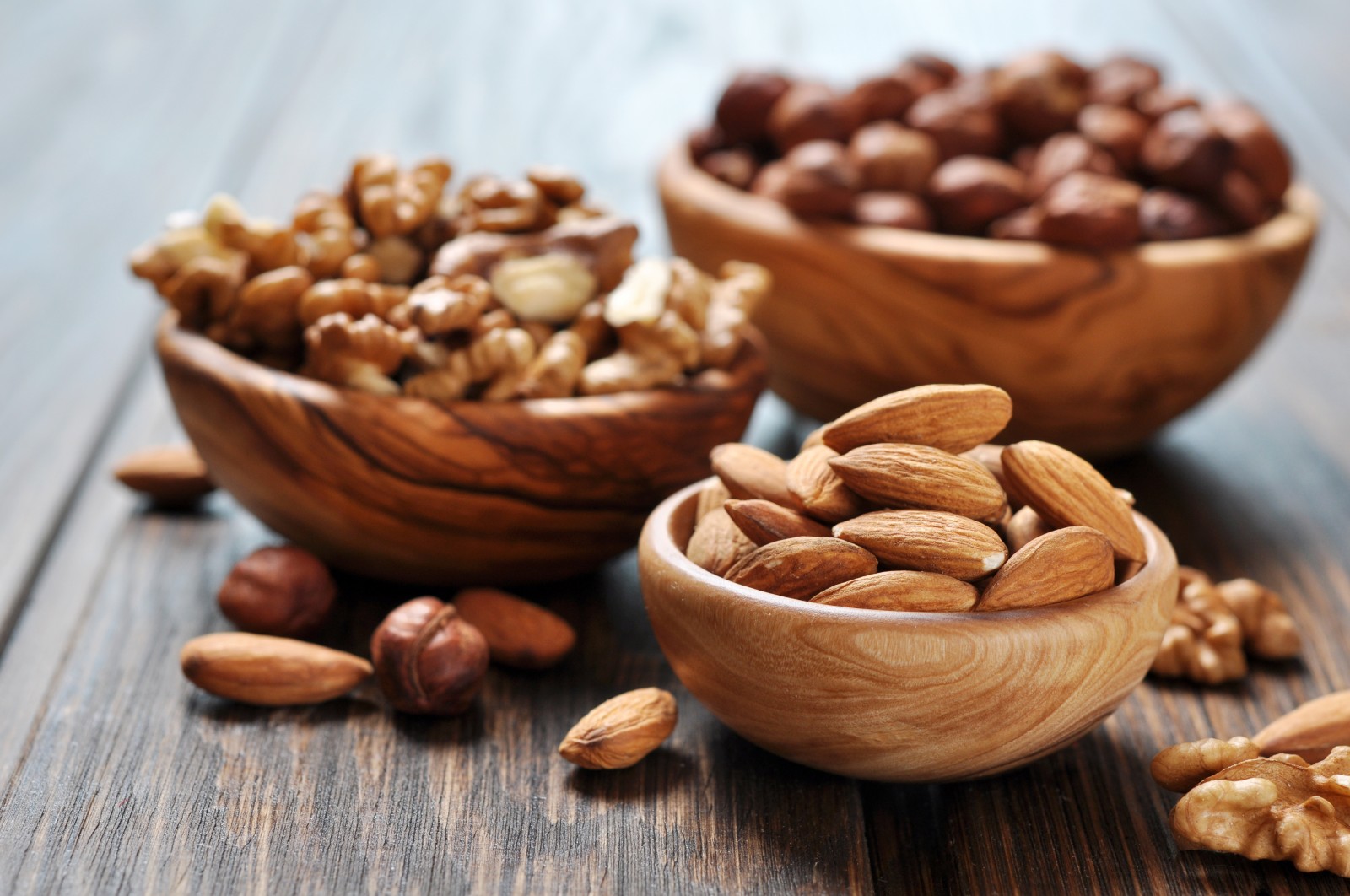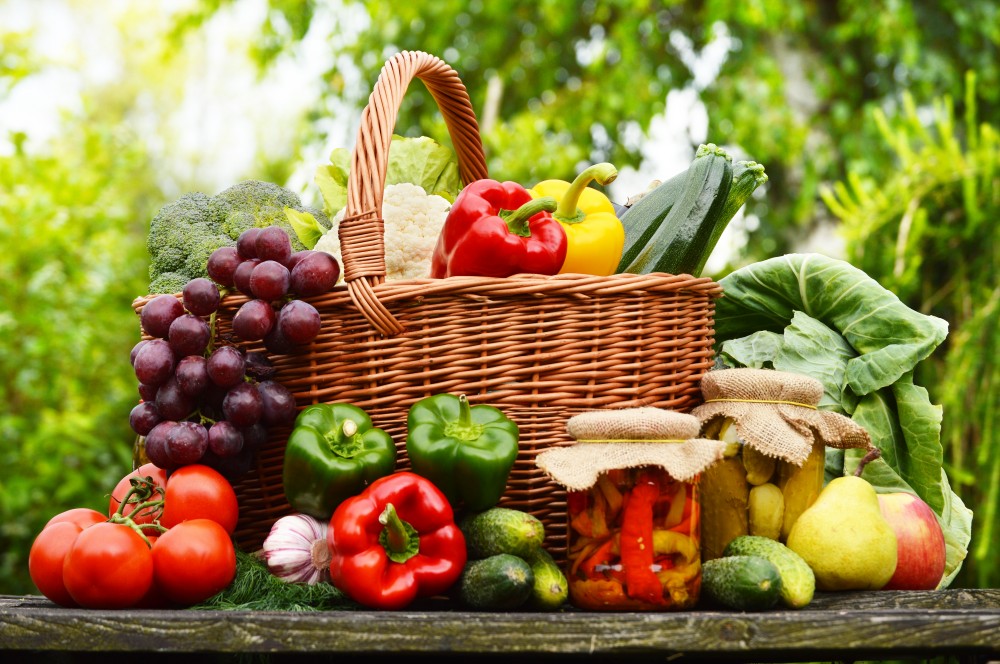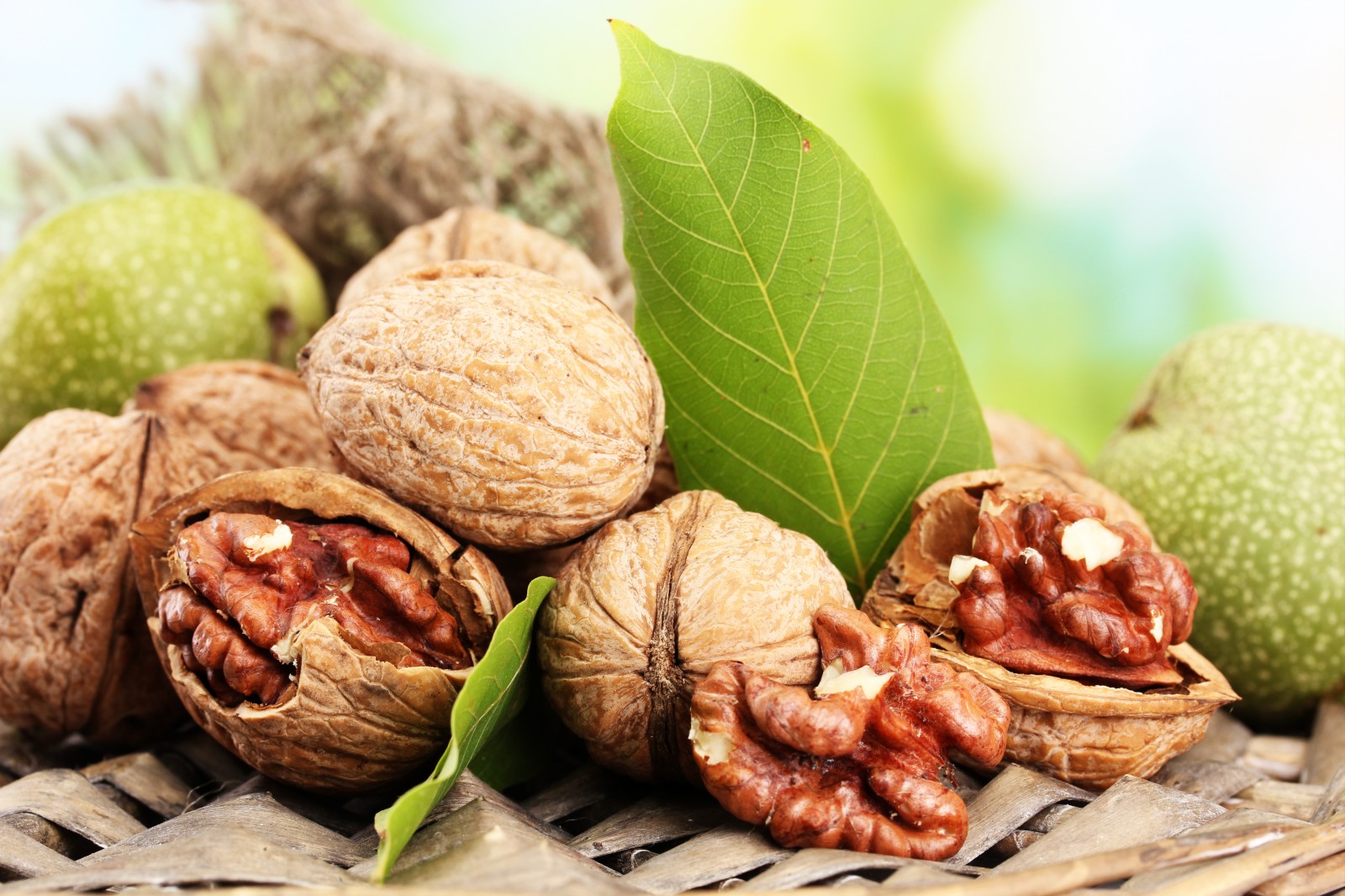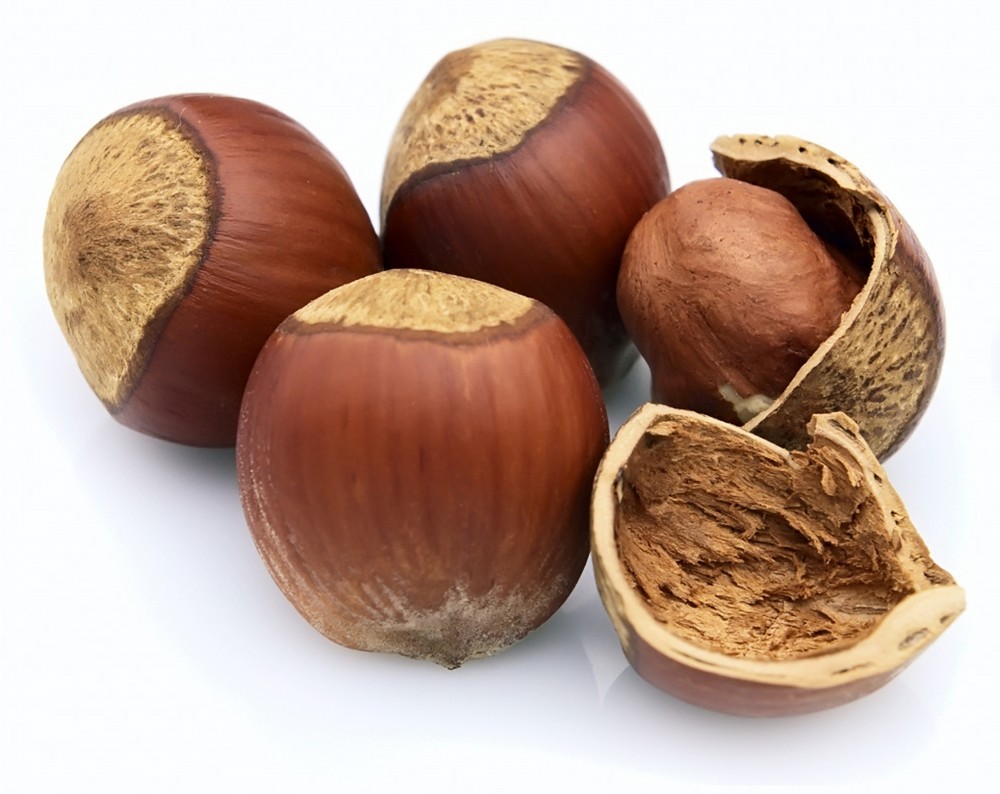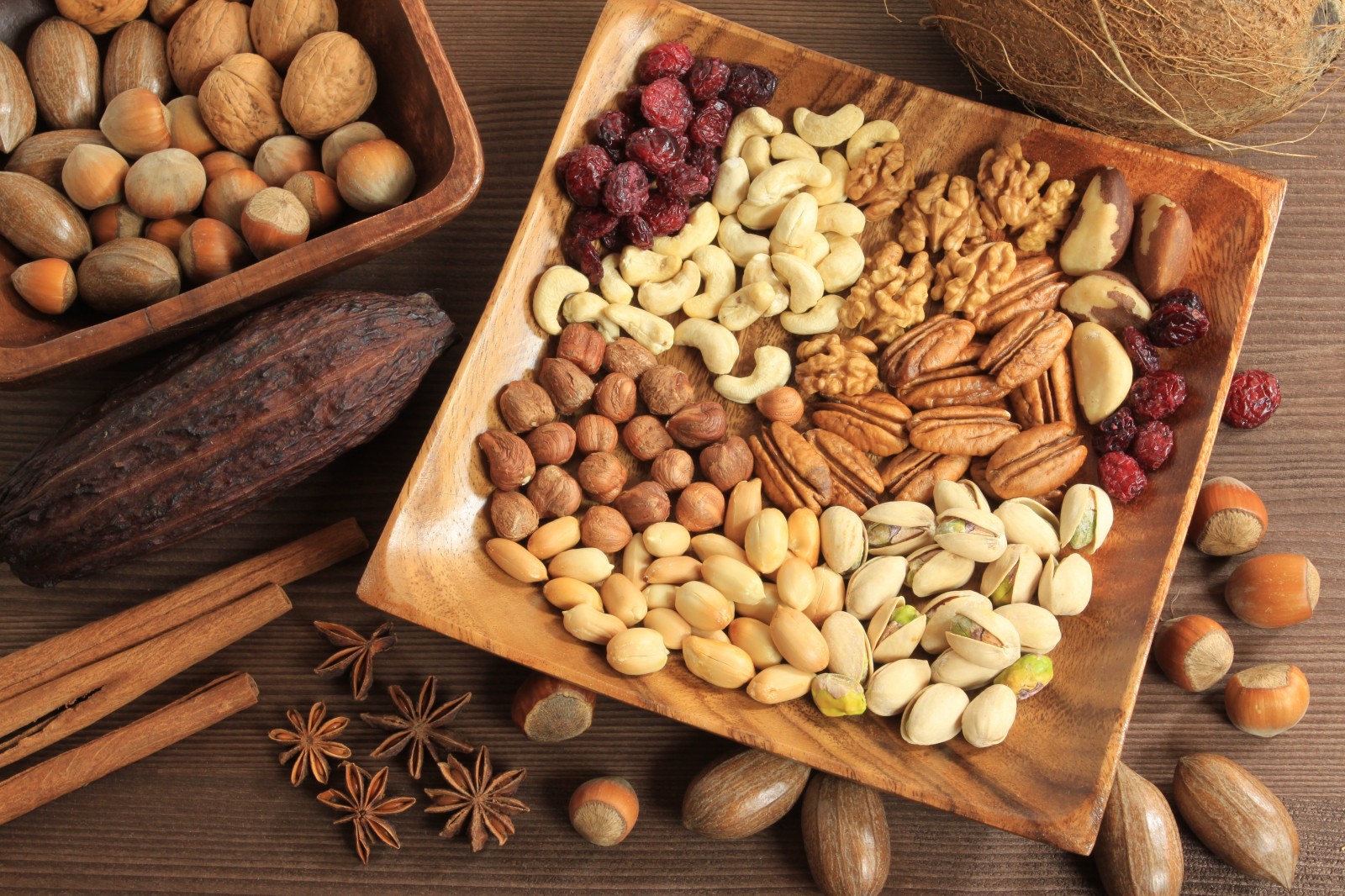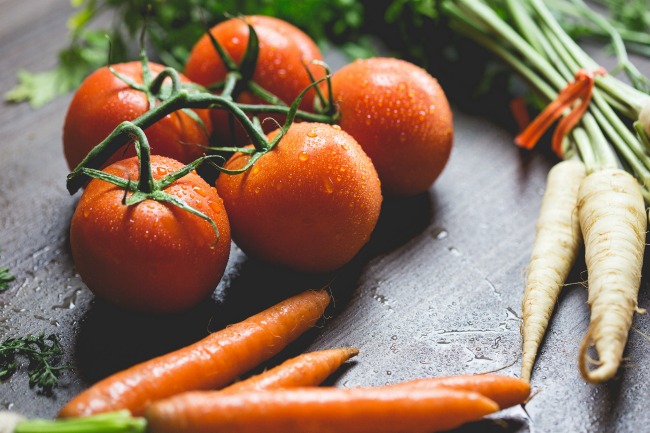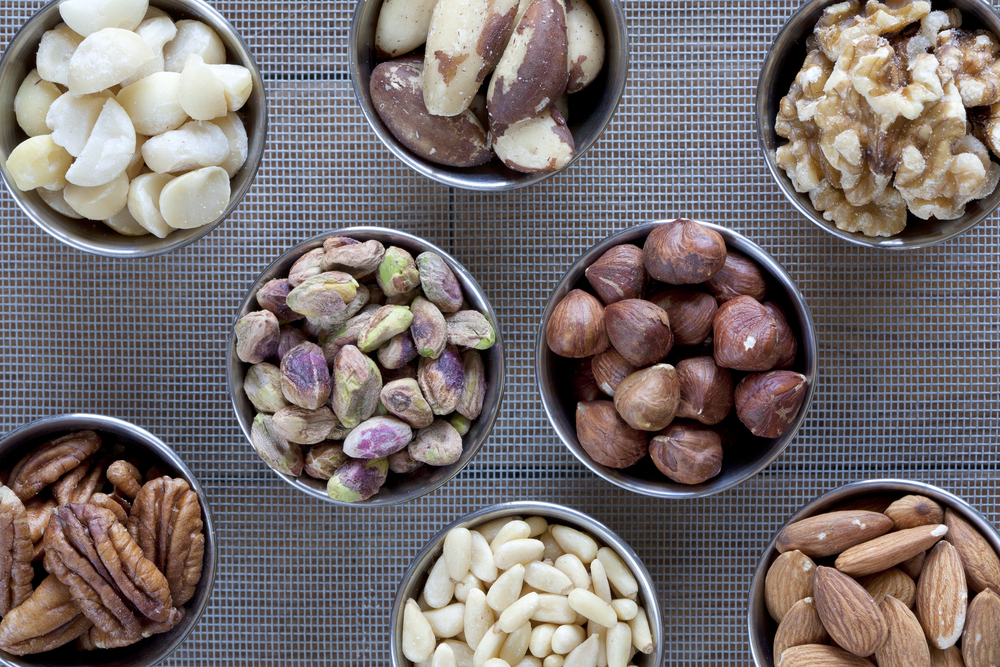
While this article has been published before, I’ve decided to republish this interview series with Dr. James Costello to refresh your memory.
——————-
Last time around, we established the importance of digestion to nutrition, why soaked, raw nuts or seeds can enhance our digestive system, and why you aren’t what you eat.
Nuts, especially soaked, raw nuts, are a great protein source.
But how do soaked, raw nuts stack up against whey protein?
SOAKED, RAW NUTS vs. WHEY PROTEIN
I see people gorging down whey protein drinks after their workout, even if they’ve only spent 30 minutes walking on a treadmill. Yes, this can be a formula for weight gain by the way.
Can whey really help you bulk up? What are the long term effects of whey?
That’s why we’re going to cover:
- Why you can get constipated drinking too much whey protein
- The pros and cons of whey
- The best source of protein for workout recovery for vegetarians and omnivores
- And why protein conversion rate is key, *not* how much protein you consume, to gaining muscle
Let’s get back to it as I continue to extract information from our interviewee, Dr. James Costello, Co-Founder of Stephen James Organics:
Q: Let’s talk about whey protein and constipation. Why do some people become constipated after eating whey protein? What’s the connection here?
First, there is no fibre in protein shakes.
Secondly, whey can cause digestive difficulties and stress your kidneys, lowering your system’s detoxification efficiency.
If you already have drag (“waste”), adding whey to your diet can lead to an even more sluggish digestive system.
If you drink protein shakes and consume a lot of other animal protein at the same time, you’re likely to be constipated, especially if your system’s natural detox system is not running at its maximum efficiency.
If protein shake is a staple, complement that with lots of greens and fruit.
Give me my protein! Whey Protein – Friend or Foe?
Q: What’s your take on whey protein?
Whey is a milk by-product, a small element in milk that helps calves grow into a full-grown cow in a few years.
In the short-term, yes whey can help you build muscles fast. If you want to bulk up, whey, combined with strength training, can potentially help you achieve your desired result.
However, in the longer term, whey can potentially drain your energy, lead to dehydration, and accelerate aging.
While whey can help cows grow, do you want to ingest proteins designed for another animal to make them large? Remember, a cow’s brain is very small as a percentage of body weight versus human’s brain as a percentage of body weight.
Whey protein is also isolated from the “mothership”, as we call it. Whey is refined, processed and packaged into powder form. This type of protein is acidifying to your body.
Metabolizing animal products creates acidity. Metabolic acidosis might contribute to progressive shrinking of lean muscle mass as we age.
Cooked meat will likely cause the same effects mentioned above, unless you eat them raw with enzymes intact.
For the reasons mentioned above, we are not too excited about whey.
If you’re competing, or are trying to bulk up as an actor professionally in a short period of time, whey can help. However, the long-term effects of whey are questionable.
Q: What are alternative sources of protein foods that are better for the human body?
Pre-sprouted nuts and seeds are the best source of living energy and protein for the body.
When you pre-sprout the nuts and seeds, the protein conversion rate of these particular foods is twice any kind of protein-based foods.
As I’ve said before, pre-sprouted nuts and seeds have living enzymes intact that enhances digestion. When you have a clean digestive system, you can assimilate the nutrients better.
However, whey can create drag in your system. You can eat more alkalizing vegetables to balance the acidifying effect of whey and clear out some of the drag. However, whey can still lead to a sluggish digestive system.
The best part is… nuts may not make you fat, as many people expect! Studies have shown that subjects did not gain weight after adding a handful or two of nuts per day to their diet.
As I’ve said, digestion is key to the absorption of nutrients. When your body can’t digest and assimilate whey properly, you can’t maximize protein synthesis in your body.
This is why protein conversion rate is key.
Q: Hold on here…. what does protein conversion rate mean?
To put it simply, protein conversion rate refers to the rate your body assimilates and converts the food source into protein for its use.
Remember when you look at food labels, the grams of protein do not matter as much as the protein absorption rate in your body.
You can eat 10 grams of protein, but only absorb 1 gram. Alternatively, you can eat 2 grams of protein and ingest all of them.
You are NOT what you eat. You are what you digest.
For instance, if you look at the Guinness Book World Record, this guy ate a Cessna airplane. This comes to show that people can eat anything, but this does not mean your body can properly assimilate what you eat.
Q: So we can eat as many nutrients as we want, but this does not mean we are well nourished?
Yes. This is correct. As I’ve mentioned earlier, there is a difference between nutrition and nourishment.
Nutrition is generally described as a science about knowing what type of nutrients to put into your body.
Nourishment refers to nutrients that are actually digested, assimilated and properly used as fuel and sustenance for the body.
You may have all the nutrition you want from the food sources. But this does not mean you are properly nourished.
Best Source of Protein?
Q: We’ve established that you’re not an advocate of whey protein and that you believe raw, soaked nuts provide a better source of energy. Is there a better substitute/protein source, other than pre-sprouted nuts, for meat-loving athletes to bulk up and recover faster from an intensive workout?
As I’ve mentioned earlier, pre-sprouted nuts and seeds, with living enzymes, are the best source of living energy and protein for the body.
While I’m vegan, raw meat contains the purest source of protein, outside of pre-sprouted nuts, but there’s a risk of E-Coli and parasites.
If you can get a clean source of raw meat they can be pretty drag free, and you won’t eat the “dead” fat from the process of cooking meat.
Q: If you aren’t too excited about whey, how do we choose a nutrition bar that is best for us when we’re on-the-go?
Next time, next time…
Verdict?
It seems like soaked, raw nuts won this round given their high protein content, energy, fibre and phytonutrients…
For you whey lovers out there don’t fret. We’ll feature more articles on this whey and nuts going forward.
Coming Up Next
Yes I’ve left the best to the last.
In Part 3 of this series, we’ll talk about:
- How to choose the best nutrition bar
- Why counting calories is an ineffective way to lose weight (Isn’t this a relief?)
- The rule to remember if you want to stay toned without counting calories
… and more
You can sign up HERE for updates on the next part!
Dr. James Costello is the Co-Founder of Stephen James Organics. Drs. Stephen and James Costello are brothers who share a passion: optimum health. The company started when Steve wanted to give his son healthy energy bars, but those available were either unhealthy, tasted terrible, or both. So, the brothers set to work on making their own, creating Stephen James Organics.
Photographs courtesy of photo.elsoar.com
If you liked this article, please share it!

